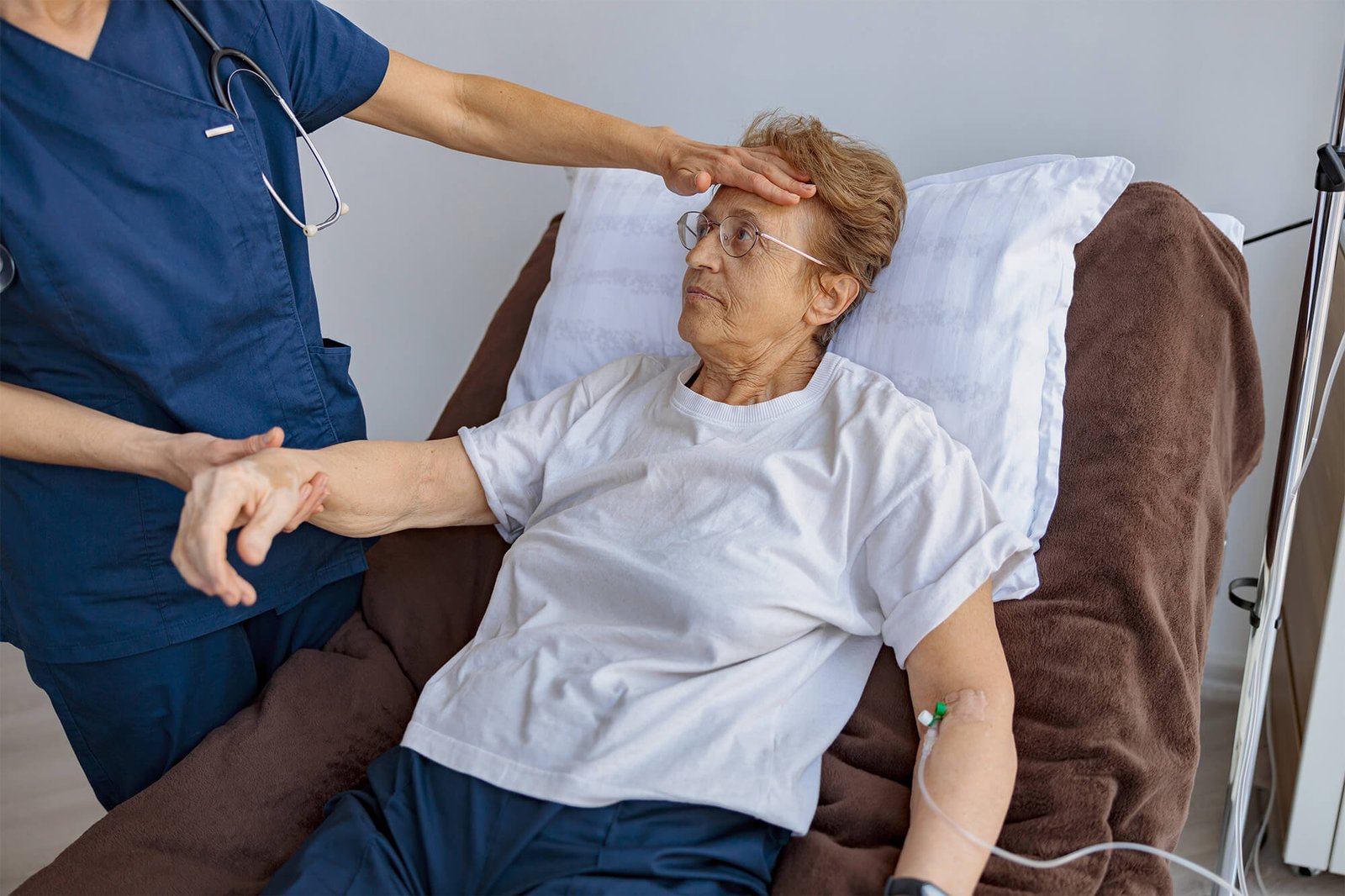
Parkinsonism refers to a group of neurological disorders characterized by tremors, stiffness, and difficulty with movement. Parkinson's disease is the most common form, but there are other types as well. Symptoms typically include tremors, muscle rigidity, bradykinesia (slowness of movement), and postural instability.
Our physiotherapy services aim to manage and alleviate the symptoms of Parkinsonism through tailored exercise programs and therapeutic interventions. We focus on improving motor skills, balance, and overall quality of life for individuals affected by this condition.
Physiotherapy is a vital part of managing Parkinsonism as it helps to improve mobility, reduce stiffness, and enhance overall function. Our physiotherapists use specialized techniques and exercises to address specific symptoms and challenges associated with Parkinsonism. Through consistent therapy, patients can experience improved movement and a better quality of life.
Improves motor skills and coordination
Reduces muscle stiffness and rigidity
Enhances balance and posture
Supports overall physical and mental well-being
Here are some common questions we receive about managing Parkinsonism through physiotherapy:
Parkinsonism is a term used to describe a group of neurological disorders that cause movement problems similar to those seen in Parkinson's disease. These problems include tremors, stiffness, and difficulty with coordination and balance.
Physiotherapy helps manage Parkinsonism by providing exercises and techniques that improve motor function, reduce stiffness, and enhance balance and coordination. A physiotherapist will create a personalized program to address your specific symptoms and challenges.
During a Parkinsonism assessment, a physiotherapist will evaluate your movement patterns, balance, and overall physical function. They will identify areas of difficulty and develop a customized therapy plan to help manage symptoms and improve your quality of life.
Improvements vary based on individual factors and adherence to the therapy program. Regular physiotherapy sessions and consistent practice of prescribed exercises can lead to noticeable improvements in motor function and overall quality of life within a few weeks to months.


